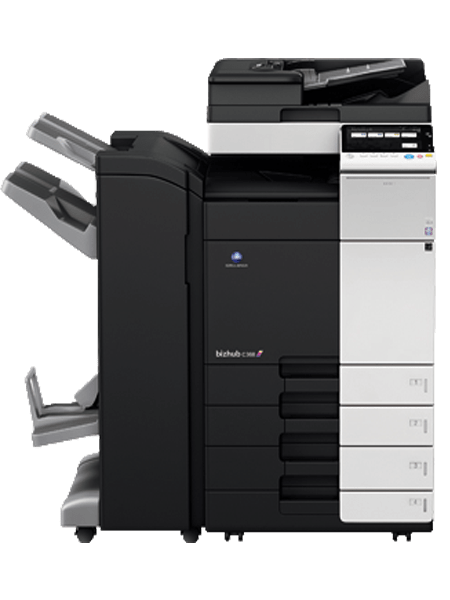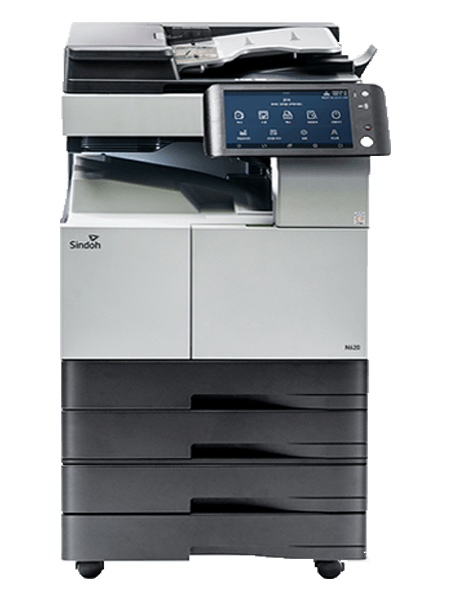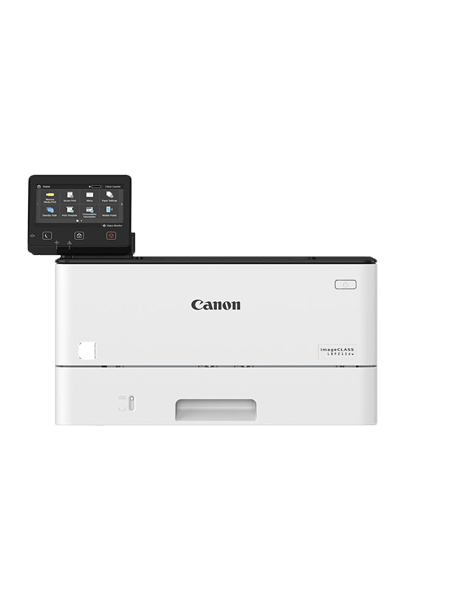
To become certified, you need to departments to manage the purchasing pass a four-part examination, show two years of full-time bookkeeping experience or 3,000 hours of freelance or part-time experience, and sign a code of ethics. As a bookkeeper, you will verify and balance receipts, keep track of cash drawers, and check sales records. Bookkeepers also deposit money, cash checks, and ensure correct credit card transactions.

Step 3: Get First-Hand Bookkeeping Experience
However, some bookkeepers can earn less (around $37,000) or more ($50,000 and above) depending on their bookkeeping skills, experience, location, niche, and the quality of their clients. Once you’ve learned how to become a bookkeeper and have two years of work experience, you can become a certified bookkeeper. Becoming a certified bookkeeper requires passing an exam to get a bookkeeping certificate. A bookkeeping skills assessment measures a prospective employee’s financial prowess, precision, and attention to detail.
Research has found that 49% of accounting professionals see knowing and adapting to digital technology as their biggest challenge. Bookkeepers often interact with clients, and strong interpersonal skills are vital. Building positive relationships with clients, understanding their requirements, and providing excellent customer service contribute to the overall success of a Bookkeeper.
Our cloud-based bookkeeping software solution is quick, efficient, and capable of saving you countless hours of administrative work. These exams test your knowledge of analyzing business transactions, payroll taxes, financial statements, and more. This is a great way to gain real-world experience as you become a bookkeeper and, potentially, a bookkeeping business owner. Previous work experience makes finding clients as a bookkeeping business owner much easier. It’s completely possible to become a skilled and successful freelance bookkeeper without the need for a specialized degree or lengthy certification. While more education is always a bonus, many successful freelance bookkeepers start right out of secondary school.
Recommended Reading
- Learn more about bookkeeping, how it differs from accounting, the required qualifications, and bookkeeping jobs and salaries.
- Companies expect all employees, not just bookkeepers, to have computer literacy skills.
- Once you’ve learned how to become a bookkeeper and have two years of work experience, you can become a certified bookkeeper.
- Financial institutions, investors, and the government need accurate bookkeeping accounting to make better lending and investing decisions.
- These tools automate many processes, minimize errors, and provide more detailed financial analysis.
As we stated above, a company may base critical decisions upon the data you provide for days inventory on hand them. So read on to find out about those specific skills that can help you succeed in a bookkeeping career. Being consistent, accurate, and minimizing errors are key characteristics that employers are seeking for this position.
That’s why you must have a sense of organization of things, for whenever they start to get hectic. The line that used to divide accounting from bookkeeping is slowly disappearing, with each one absorbing something from the other. Managing the general ledger is part of your daily responsibilities as a bookkeeper. You may determine if any payments are due, submit them, and record them in the financial ledger. As a bookkeeper, you may also receive client payments and deposit them at your company’s financial institution. To earn the CPA credential, you need to complete a minimum of 150 hours of higher education and pass a four-part exam.
Is a Career in Bookkeeping Worth It?
They may have a job board or professional network that could lead to opportunities. Both credentials require you to complete a four-part exam, but the scope varies. For example, the CPB exam tests you on bookkeeping, payroll, QuickBooks, and accounting. The CB exam tests you on adjustments and error correction, payroll and depreciation, inventory, and internal controls and fraud prevention. Maybe you enjoy the idea of being your own boss, or you’re still wondering if it’s for you. Pay attention to the job description to identify which jobs are remote bookkeeping jobs and which are in-house.
If you are considering a career as a bookkeeper, here are some skills that will help you succeed in this profession. A certified bookkeeper is also knowledgeable of the standards that govern bookkeeping activities, like the US GAAP, the Generally Accepted Accounting Principles. The task involves the efficient and precise entry of data, such as numbers, dates, and text, to create accurate records and balance sheets. Bookkeeping Skills can be learned and honed through education, training, and practical experience. By implementing these strategies into your professional journey, you can proactively enhance your Bookkeeping Skills.
Once you’ve had some bookkeeping training, you’re ready for real-world bookkeeping jobs or experience. These don’t require you to go to school or gain any special training, but they may be skills you’ll need to develop over time. A bookkeeping course can teach you the basic knowledge you’ll need to prepare financial reports, organize data using tools like Microsoft Excel, or understand how to balance books. Bookkeepers manage a company’s financial accounts, income taxes payable ensuring they are accurate and easy to review. Their work plays an important role in the operation of a successful business, which can have very many transactions in a single day, let alone a week, month, fiscal quarter, or year. Good bookkeepers possess an eye for detail, ensuring that they correctly record every financial transaction.






